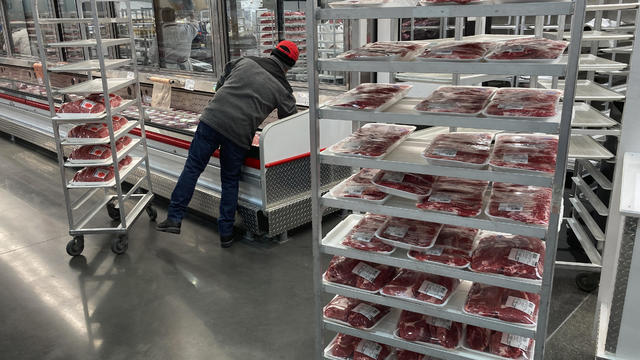
The food we eat and its impact on climate change
The global food system — the growing, processing, consuming and disposing of food — makes up a third of greenhouse gas emissions each year. What can be changed?
Watch CBS News

The global food system — the growing, processing, consuming and disposing of food — makes up a third of greenhouse gas emissions each year. What can be changed?
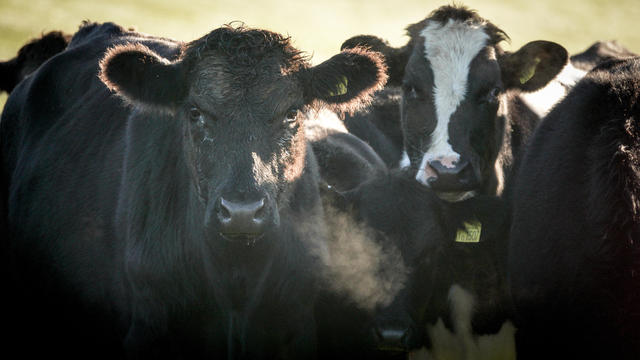
Officials say that agriculture and other land-use emissions make up 11% of the U.K.'s net greenhouse gas emissions, with livestock making up the largest share.

And if you listen closely, the type of sound the plant is making could tell you what's wrong.
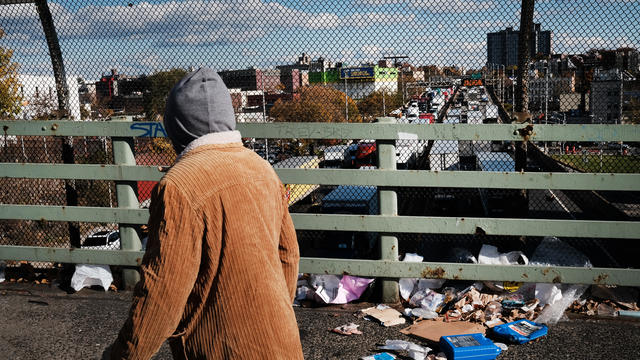
New York's Climate Act – said to be "the most aggressive climate and clean energy initiative in the nation" – will ensure "those most vulnerable to recurrent extreme weather events" get prioritized, leaders say.
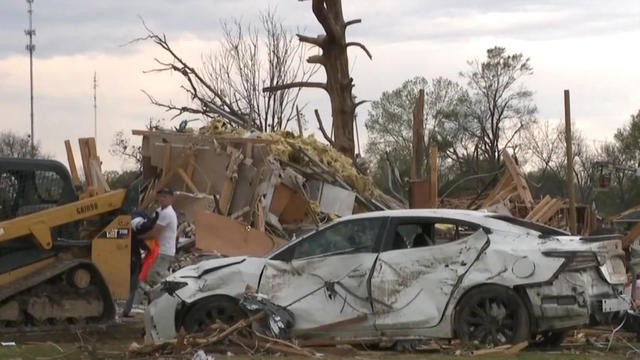
Storms like the one that tore through Mississippi last week, killing several dozen people, could become more common due to climate change, according to a new study. Atmospheric scientist Dr. Walker Ashley, a professor at Northern Illinois University, and one of the study's lead authors, joins CBS News' John Dickerson on "Prime Time" about what these findings could mean.

Thirty percent of Americans live in a community near a coastline. While those people don't have the power to unilaterally solve the underlying problem of climate change, some communities are now grappling with how to adapt.
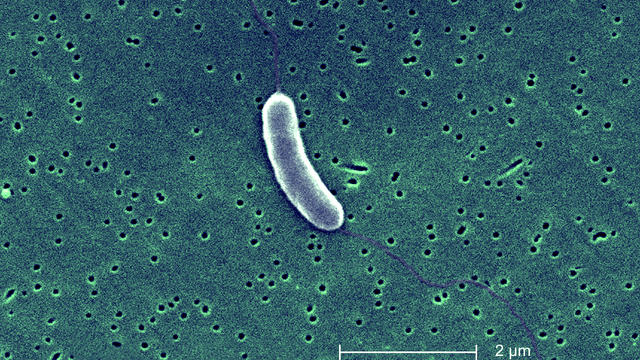
While the bacteria is common in subtropical regions, there has been an increase of infections from Vibrio vulnificus in more northern locations, like the Delaware Bay.
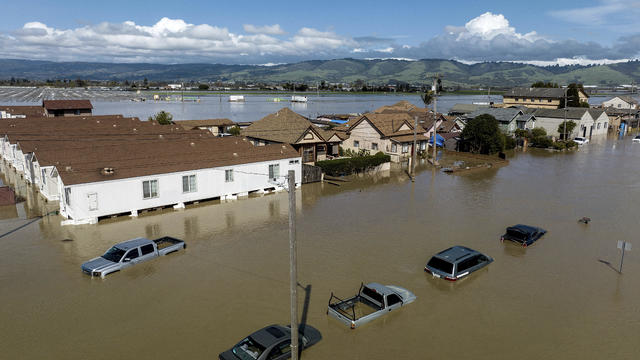
"Humanity is on thin ice, and that ice is melting fast," the U.N. chief said, calling a new report on the rate of climate change "a survival guide for humanity."
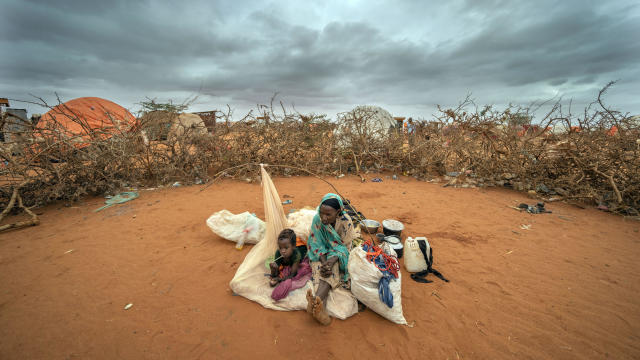
The war in Ukraine and a fight against domestic terrorists have worsened the nightmare in the east African nation, and the "crisis is far from over."
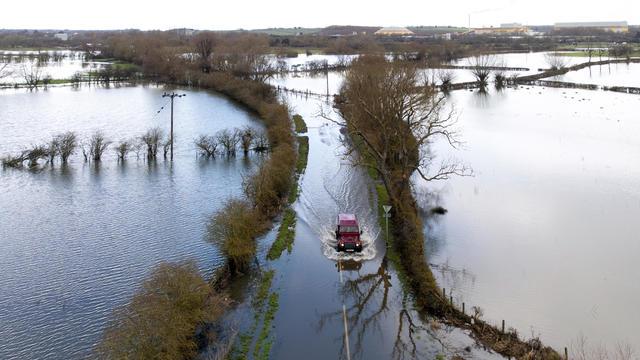
The intensity of extreme drought and rainfall has "sharply" increased over the past 20 years, a new analysis of satellite data shows.
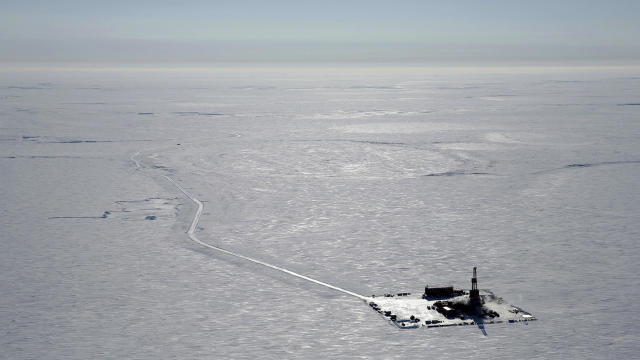
The Biden administration is approving the major Willow oil project on Alaska's petroleum-rich North Slope.
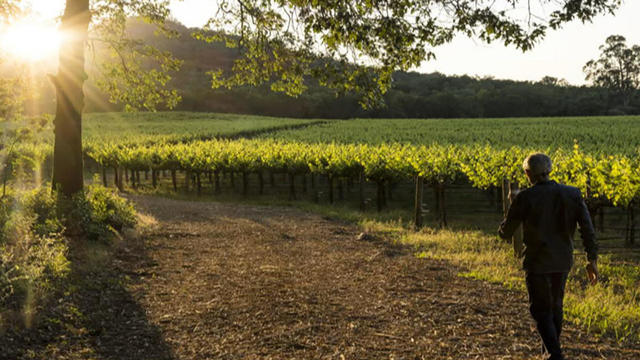
Water shortages, weather patterns and global warming are impacting winemakers. Tor Wines owner Tor Kenward joins CBS News' Vladimir Duthiers and Shanelle Kaul to discuss how the industry is adapting to a changing world.
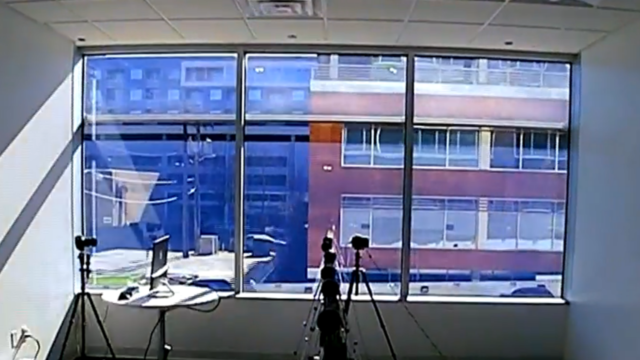
Smart windows have a microscopic coating connected to computer chips and can be controlled by an app.
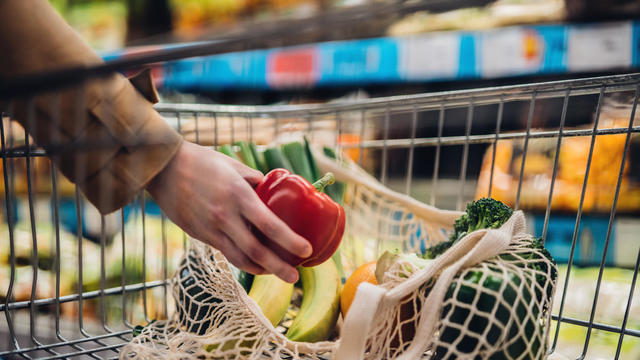
A "reducetarian" shares how he decided to eat less meat after learning its impact on the environment.
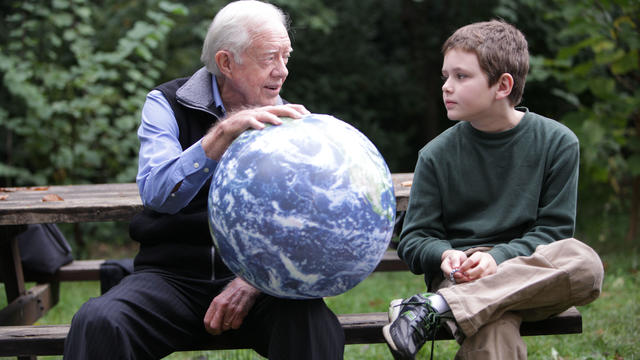
Protecting the planet was "central to his whole outlook on life," said Stuart Eizenstat, who was Carter's White House domestic policy adviser.

Research shows most youth are "extremely worried" about climate change. Kids and young adults who struggle with climate anxiety can perceive they have no future or that humanity is doomed.

The country's supreme court ruled construction of the turbines a violation of Indigenous Sami people's rights, but didn't say what should be done about it.
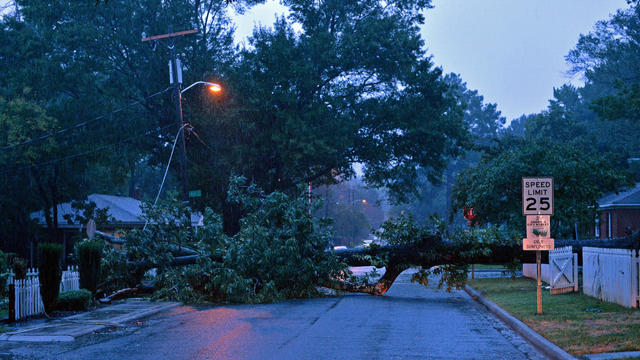
Violent storms that once mostly savaged the Gulf states pose a growing threat to properties much farther inland.
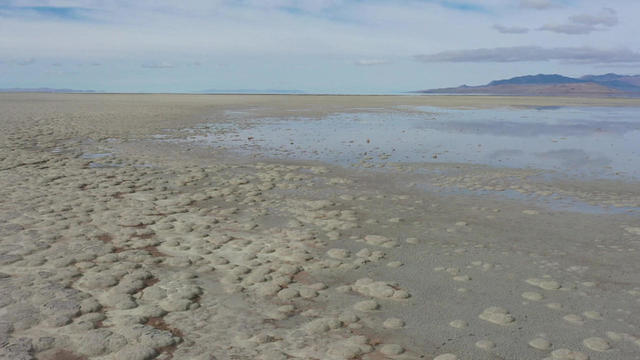
Owing to climate change, drought, and over-use of water resources, the lake is now one-third the size it was in the 1980s. A new report warns that, unless aggressive action is needed, the lake could vanish in just five years.
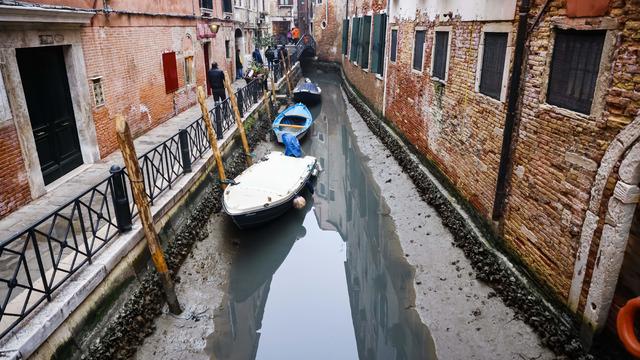
As shifting weather patterns ground gondolas, a massive snow deficit in the Alps may leave Italy's most populous region gasping for water again this summer.
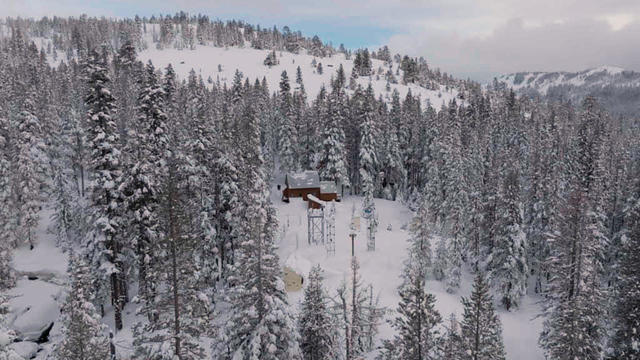
Average winter temperatures across most of the country are on the rise, putting water resources at risk and threatening cold weather culture in the era of climate change.
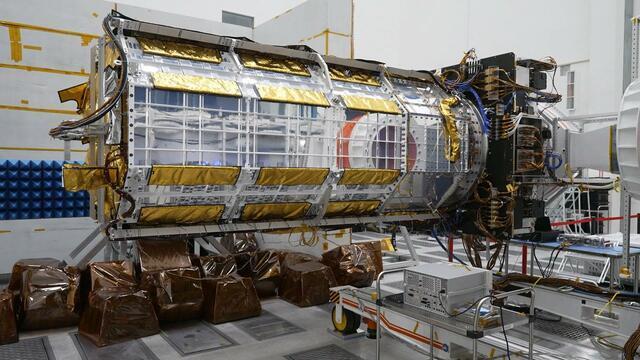
NASA's new Earth System Observatory consists of a series of five advanced satellite missions that will monitor nearly every aspect of Earth.

A small, pencil-shaped robot gave scientists new insights about the Thwaites ice shelf and why it's melting so quickly.
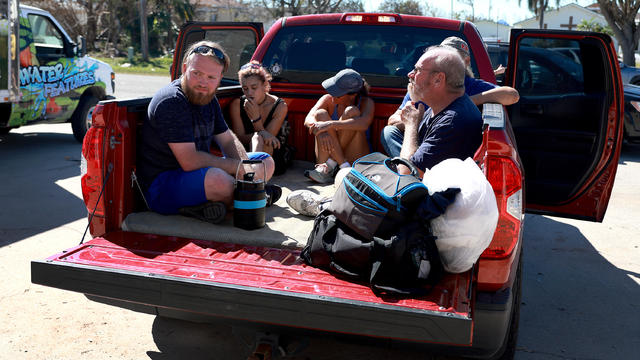
"It's very emotional to watch your house taken down," a Florida boat captain said after a hurricane leveled his home.

In a previous interview with "60 Minutes," Gates said, "I probably have one of the highest greenhouse gas footprints on the planet" and that his "personal flying alone is gigantic."
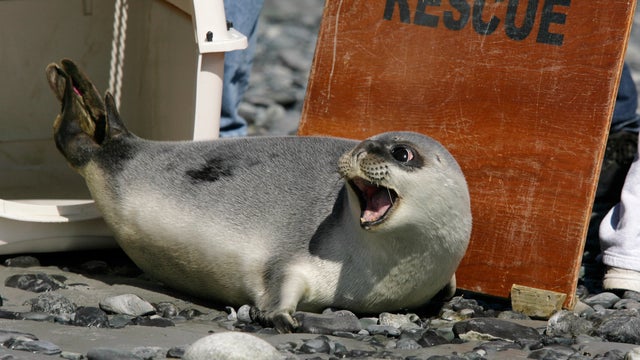
One bright spot is green sea turtles, which have recovered substantially, the IUCN said as it released its latest Red List of Threatened Species.
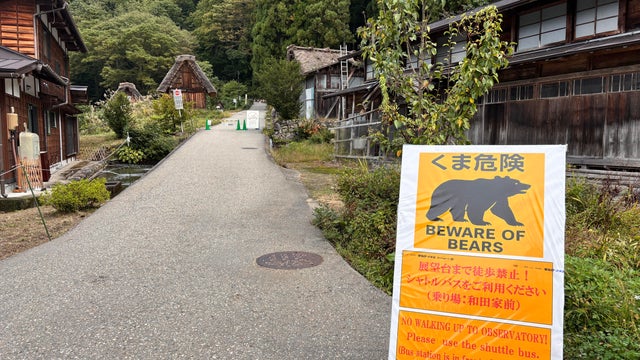
As Japan faces rising human-bear encounters, an animal trapped in a grocery store injured two men, while a separate reported mauling proved fatal.

The images taken by two Mars orbiters show a bright, fuzzy white dot of the comet, also known as 3I/ATLAS, appearing to move against a backdrop of distant stars.
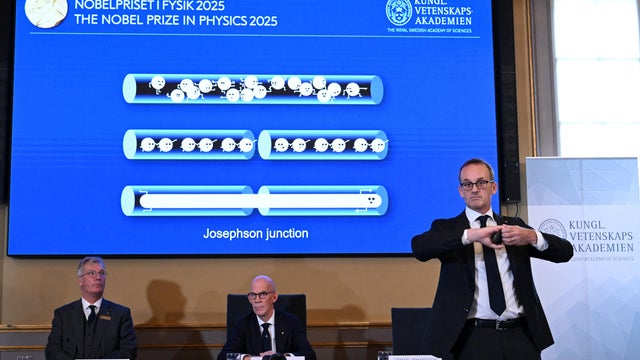
One of 2025's three Nobel Prize in Physics winners says the trio's work is "one of the underlying reasons that cellphones work.''
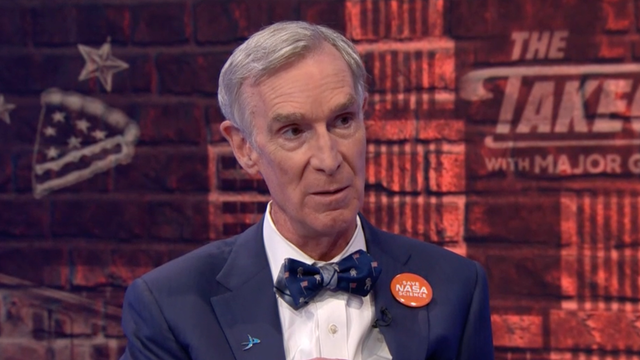
Bill Nye the Science Guy on Monday protested against a federal budget proposal that would see NASA's funding reduced from $24 billion to $18.8 billion.
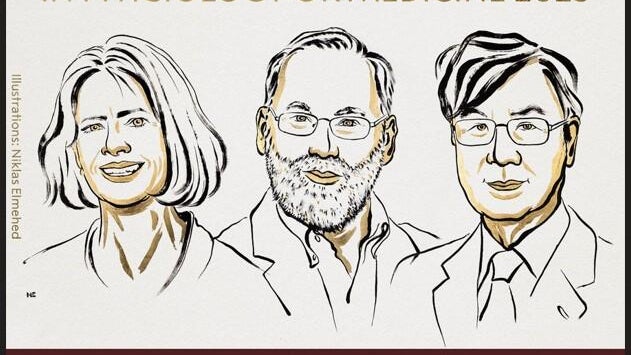
Nobel Prize committee chair says discoveries by the trio of researchers were "decisive for our understanding of how the immune system functions."
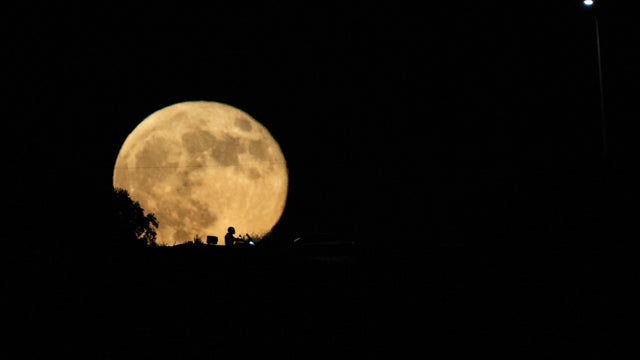
The first supermoon of 2025 will arrive soon. Here's what to know about the phenomenon.
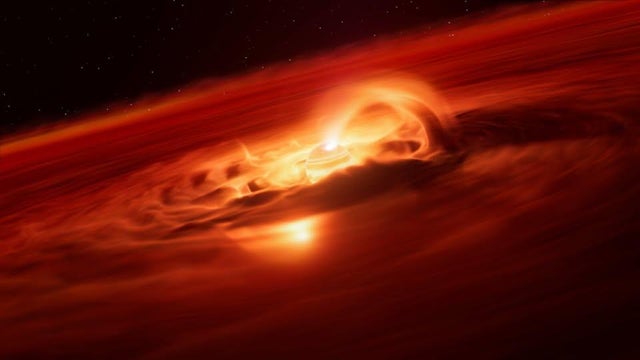
ESO's Very Large Telescope has observed a rogue planet and revealed that it is eating up gas and dust from its surroundings at a rate of 6 billion tons a second.
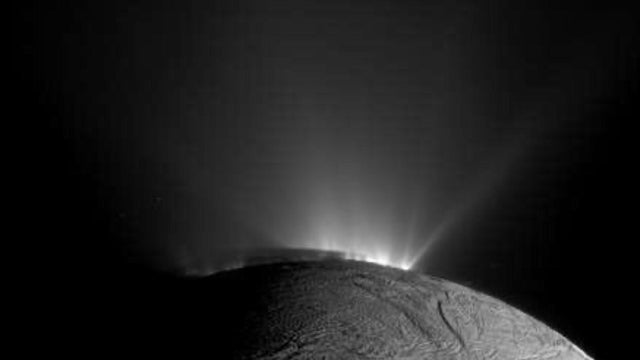
Enceladus has long been considered a prime candidate in the search for life beyond Earth because of its hidden ocean and plumes of water erupting from cracks near its south pole.
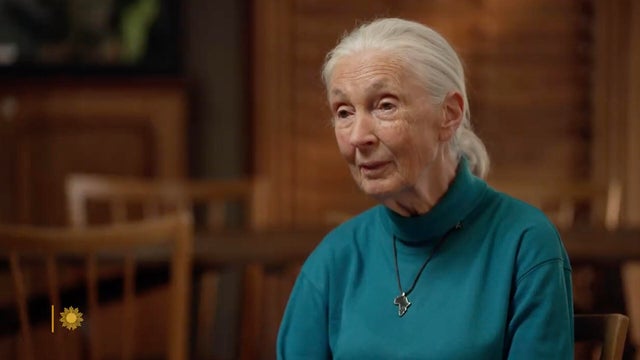
Famed naturalist Jane Goodall, who dedicated her life to studying chimpanzees and protecting the environment, died on Wednesday, Oct. 1, 2025 at age 91. In this Oct. 24, 2021 "Sunday Morning" profile, she talked with Seth Doane about her fascination with animals, her groundbreaking work with primates, and her advocacy for a more sustainable future.
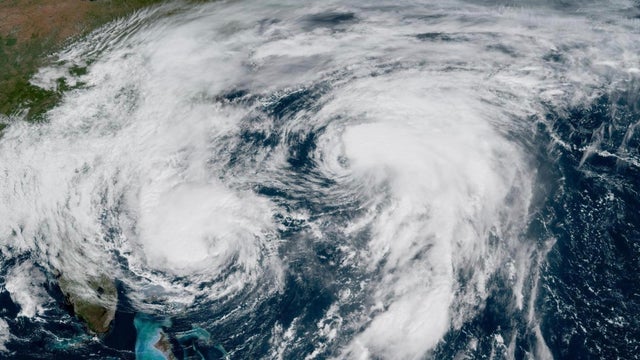
The outer bands of Humberto lashed Bermuda ahead of a more direct pass from the newer and stronger Hurricane Imelda.
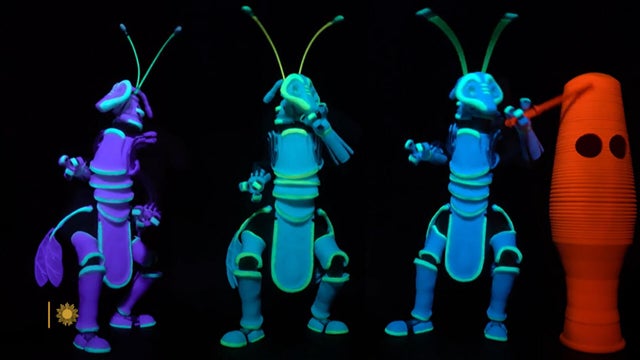
The chirping of crickets in your backyard can be a soothing seasonal sound, but did you know it's also an accurate way to tell the temperature – if you know the mathematical formula? Robert Krulwich and puppeteer Barnaby Dixon explain.

The findings have the potential to resolve the longstanding "Muddle in the Middle" of human evolution, researchers said.
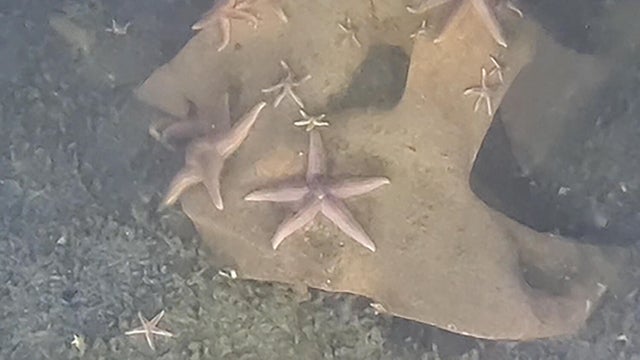
The study's author said "there is some irony" in the discovery that these "things that are meant to kill everything are now attracting so much life."
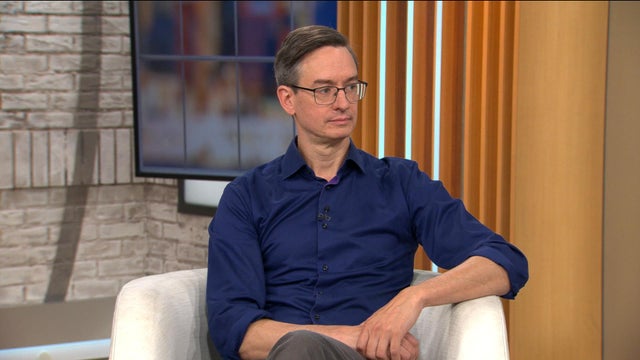
Scientist and professor Justin Gregg joins "CBS Mornings" to discuss his new book, "Human-ish: What Talking to Your Cat or Naming Your Car Reveals About the Uniquely Human Need to Humanize." He explains why we talk to pets, name objects, and even connect with inflatable tube men — and what that reveals about human nature.